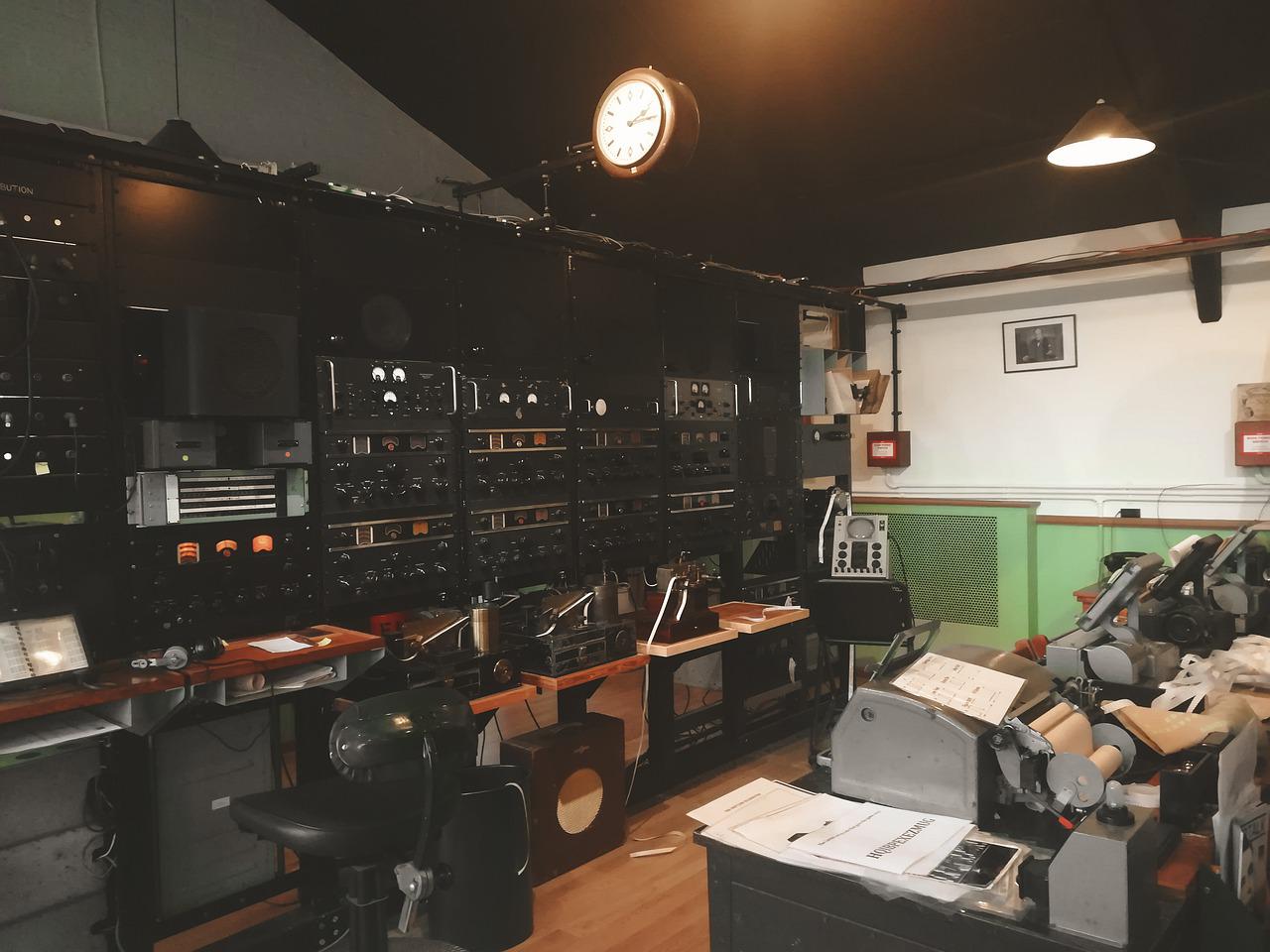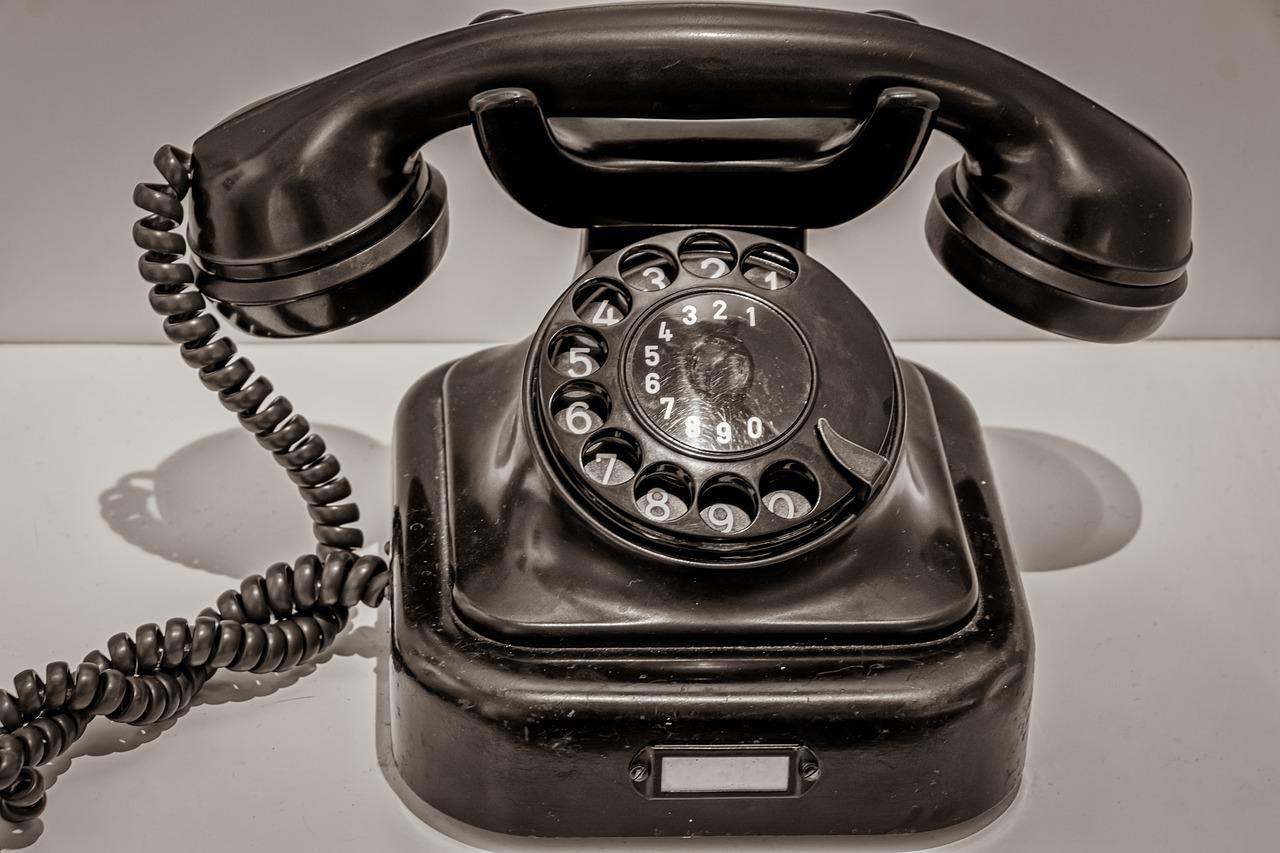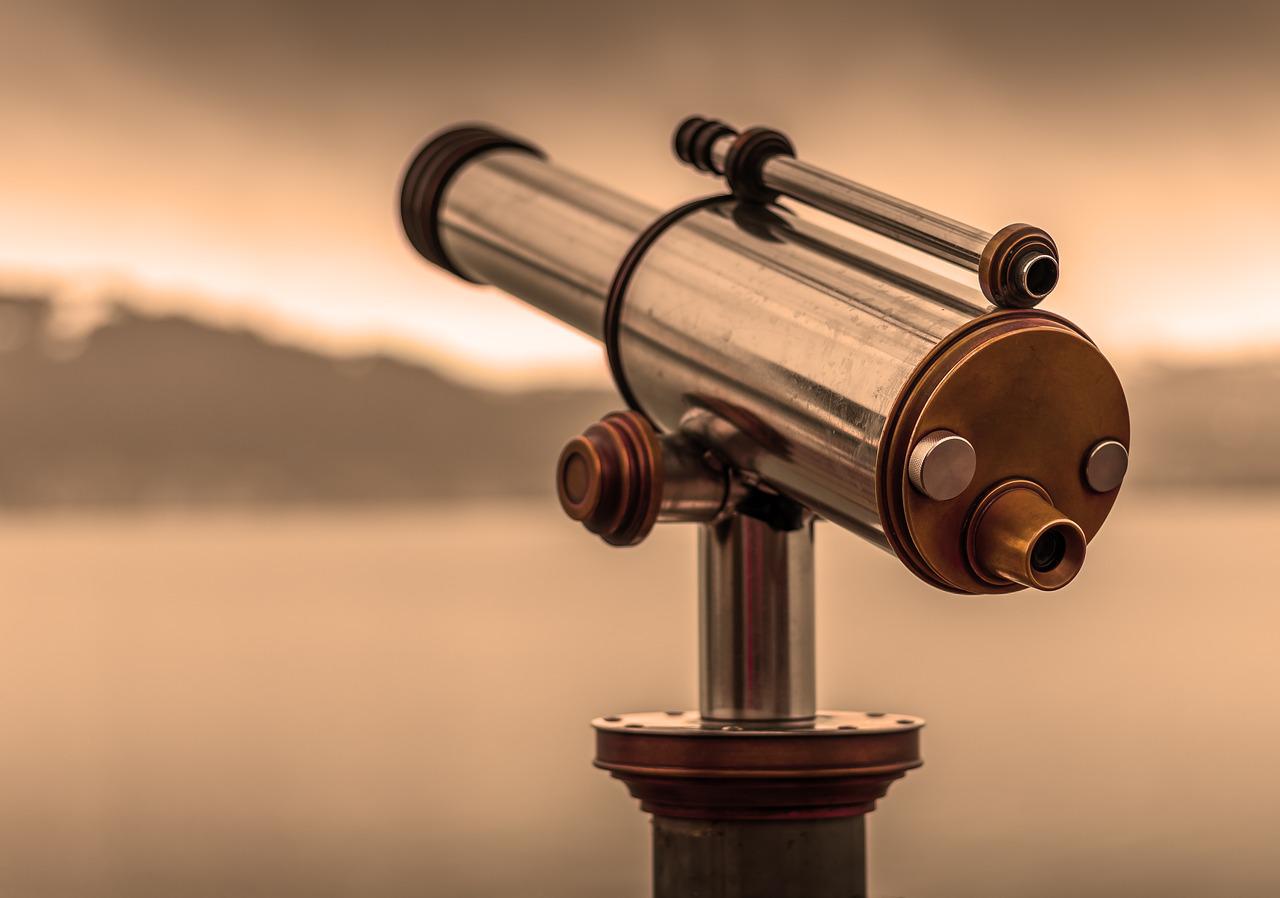Brilliant inventions typically come from the UK. It served as a precursor to the ideas and inventions that helped shape the modern world. The significance of British scientists and inventors cannot be overstated. The ideas and things that the UK’s great tradition of innovation and creativity has given the world are essential to our way of life.
We’ll review nine of the top British inventions in this article.
The computer
Charles Babbage, a native of London, was a man of many skills, including those of an astronomer, mathematician, inventor, engineer, and philosopher. The first computer was created by Charles Babbage, known as the “Father of Modern Computing” (1822). It was a mechanical computer with basic computation capabilities. It was a steam-powered computing device made to solve numerical tables, such as logarithmic tables. However, it wasn’t erected until 1991! Computer science was developed by Alan Turing. The first general-purpose electronic digital computer, the ENIAC (1945), took up a whole room. The Micral N was the first “personal computer” in history (1973).

The World Wide Web
What would have happened without Tim Berners-Lee? It’s really hard to explain how important the internet is in influencing the socio-political scene of today. Tim Berners-Lee, an English computer scientist, is credited with founding the modern digital world when he developed the first web browser in 1989 while working at CERN. Lee built a workable “information superhighway” employing a system of hypertext connections, domain names, and Transmission Control Protocol to develop the World Wide Web as we know it today.

The electric motor
Electric motors are used in a variety of modern products, including eco-friendly cars and vacuum cleaners (another British invention). However, they all trace their origins to Michael Faraday, who first proposed the concept in 1821. Faraday was the one who initially demonstrated the electromagnetism principle by submerging a magnet in a mercury pool and then supplying it with electrical current, which gave rise to electromagnetic rotation motors. His research paved the way for the entire history of electronics by demonstrating how an electrical charge might be utilized to stimulate mechanical motion.

The Steam Engine
Engineer and inventor Thomas Savery developed a device in 1698 that could efficiently extract water from flooded mines using steam pressure. The concept would be improved over the following century or so by visionaries like Thomas Newcomen, James Watt, and ultimately Richard Trevithick to develop steam engines small enough to be used in things like locomotives.

The Jet engine
The first working jet engine was created in 1937 by Hans von Ohain. Although Frank Whittle of Great Britain received credit for inventing the jet engine, it took years before they were able to locate someone who was willing to put up the thousands of pounds needed to construct one. He experimented with it for a while before receiving his first patent for it in 1932. He built one over a few more years, with the first working one being finished in 1937. ![]()

The Light Bulb
The majority of people unquestionably attribute Thomas Edison’s invention of the incandescent light bulb to him. However, they would be mistaken because Joseph Swan, an Englishman who patented the first useful electric lamp in 1878, was responsible for this idea. But when Edison obtained a patent for his lightbulb in 1879, he was just making improvements to a design that British inventor Joseph Swan had already protected.

The television
It is a British creation, conceived in February 1924 by Scotsman John Logie Baird. A year later, at Selfridges, Baird gave the first public display of his semi-mechanical televisor, but it wasn’t until 1928 that he unveiled a fully functional model. The first TV broadcast between London and Glasgow was produced in 1932 by Baird, who also started experimenting with color TV that year.

The telephone
The most well-known invention of Alexander Graham Bell is the telephone. He immigrated to the United States as a deaf educator, and when visiting his hearing-impaired mother in Canada, he was inspired to create the concept of “electronic speech.” The first telephone patent in the United States was given to Alexander Graham Bell in 1876.

The Reflecting Telescope
Isaac Newton created a reflecting telescope in 1668. It featured a single, curved main mirror along with a second, smaller flat mirror in place of a lens. It was created as an alternative to the very chromatic aberration refracting telescope. The field of astronomy was irrevocably altered by the reflecting telescope.

So there you have it: nine of the most important inventions in history that originated in Britain. They have such a long history of inventions that we haven’t been able to cover all of their contributions to the world. If you want to find out more, please click here.
Check out 7 Gadgets every Millennial Brit Remembers for more from TechieNews.co.uk.
Munia Jamal is a freelance content writer and translator with 5 years of experience, working with different clients and agencies. She believes that content is nothing but showing your creativity through words. She can be contacted at muniaj99@gmail.com.
